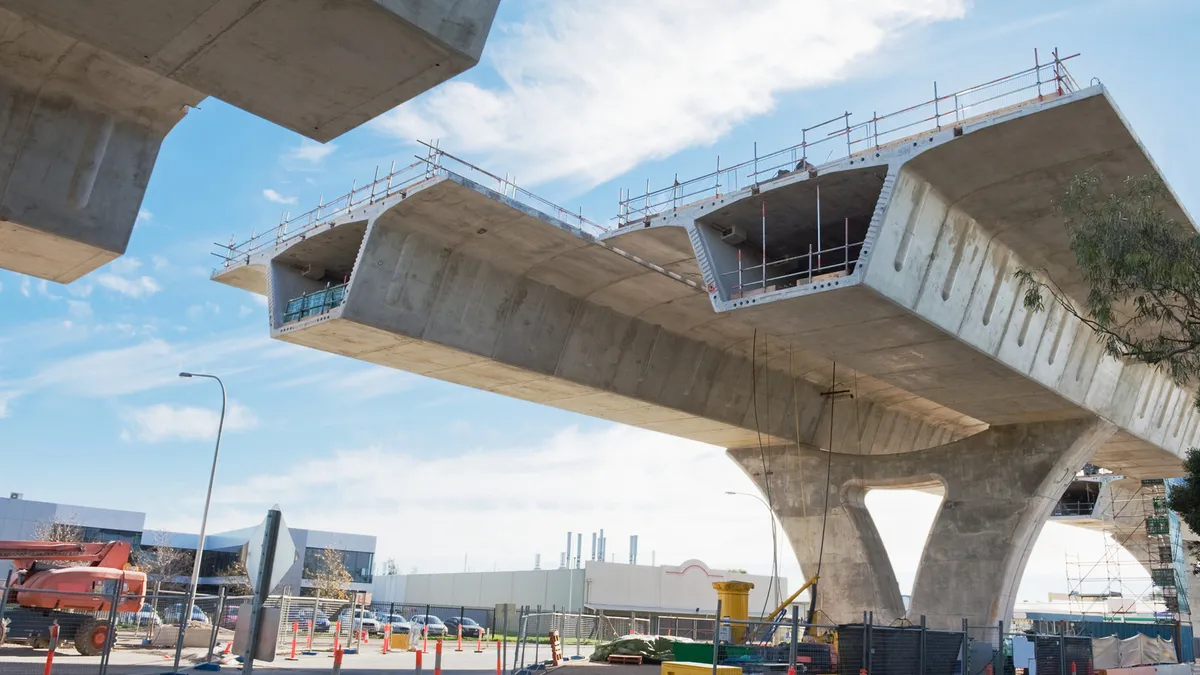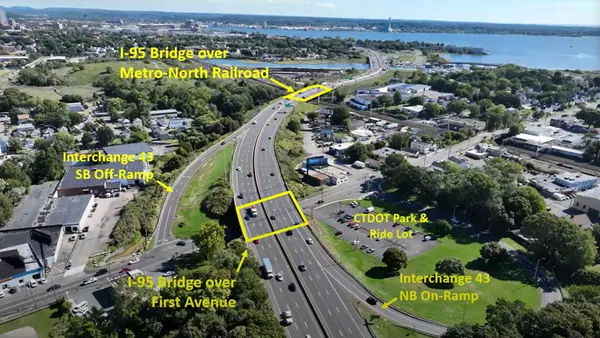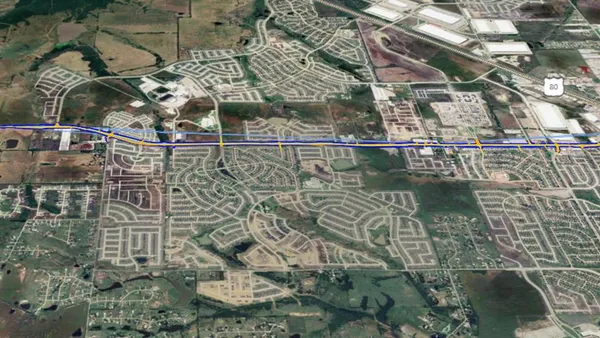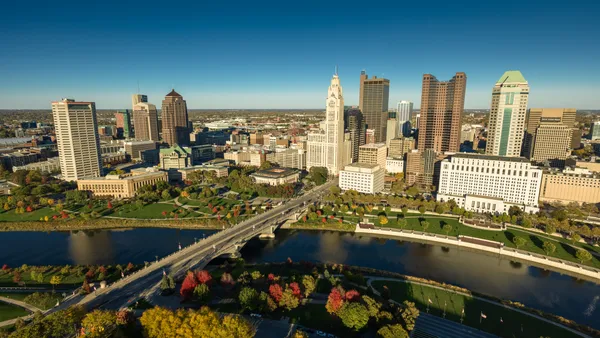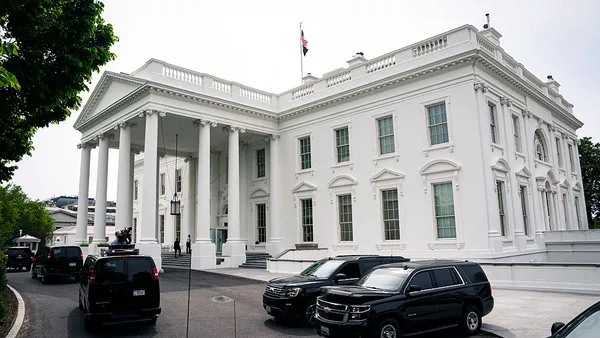Dive Brief:
- Senate Democrats beat Republicans and the Trump administration to the punch and introduced a $1 trillion infrastructure proposal Tuesday, according to The Washington Post.
- The 10-year plan would target U.S. ports, bridges, roads, airports, broadband networks, schools and Department of Veterans Affairs hospitals. According to Democrats, the plan would create a total of 15 million jobs.
- The Democrats' plan calls for $210 billion for road and bridge repair and an additional $200 billion to establish a "vital infrastructure fund" for projects that have the potential for national impact. Amtrak's $20 billion Gateway initiative could be a candidate for the special fund, according to U.S. News & World Report.
Dive Insight:
The proposal will force the issue of financing, as it specifies direct federal funding. President Donald Trump and the Republican leadership favor private investment in an alternate $1 trillion plan — in exchange for tax credits — as the way to pay for a significant portion of projects.
Senate Minority Leader Charles Schumer, D-NY, said that with this plan, Democrats are taking the initiative to address the nation's aging infrastructure. While exact funding sources for the plan are unclear, Schumer has previously said the country could increase its ability to pay for these projects via corporate tax reform, specifically permitting companies to repatriate foreign taxable profits at reduced rates.
However, Senate Majority Leader Mitch McConnell, R-KY, has consistently said that Republicans will not pass any spending program that is reminiscent of a stimulus plan. Republicans have balked at funding any infrastructure program that would increase national debt.
Trump's original plan during the campaign included an 82% tax credit for private equity investment on revenue-generating infrastructure projects. While Democrats have hedged on allowing private industry to play such a significant role, Republicans have, by and large, stuck with that strategy as they continue to work on various approaches. Most recently, House Speaker Paul Ryan, R-WI, said the administration's infrastructure proposal would include approximately $40 of private investment for every $1 from public coffers and that public-private partnerships would play a major role. This has been a sore spot with Democrats who argue that Trump's plan offers little incentive for investors to take on projects that don't have a revenue component, like tolls or user fees.


